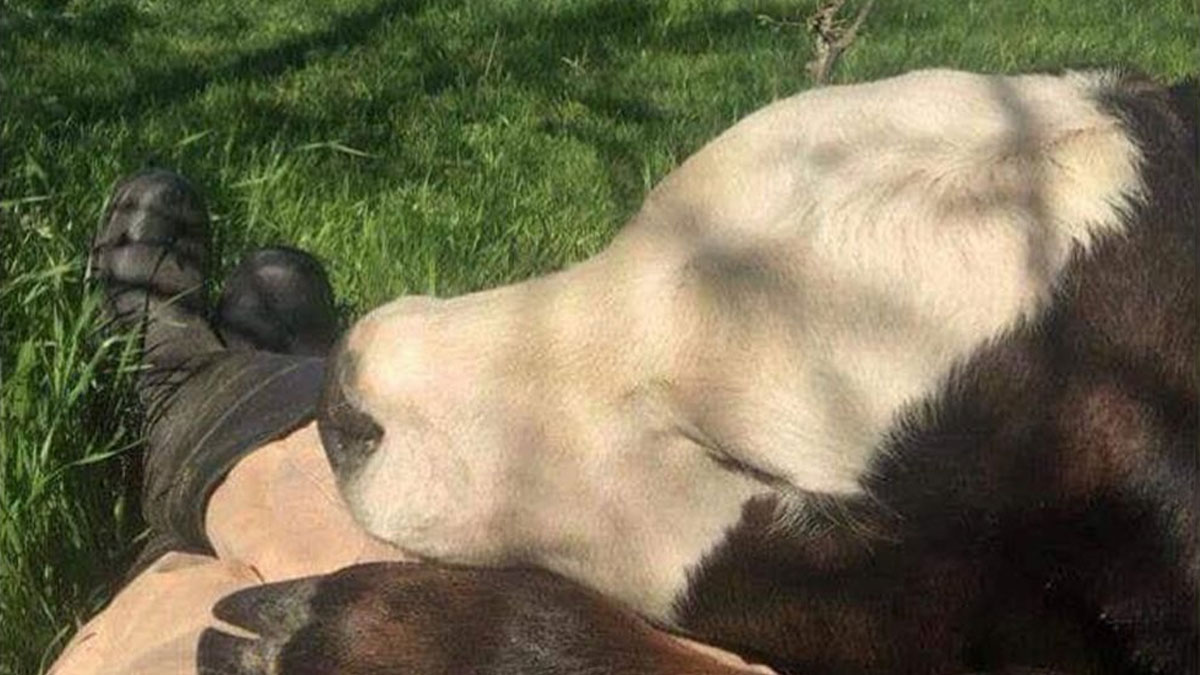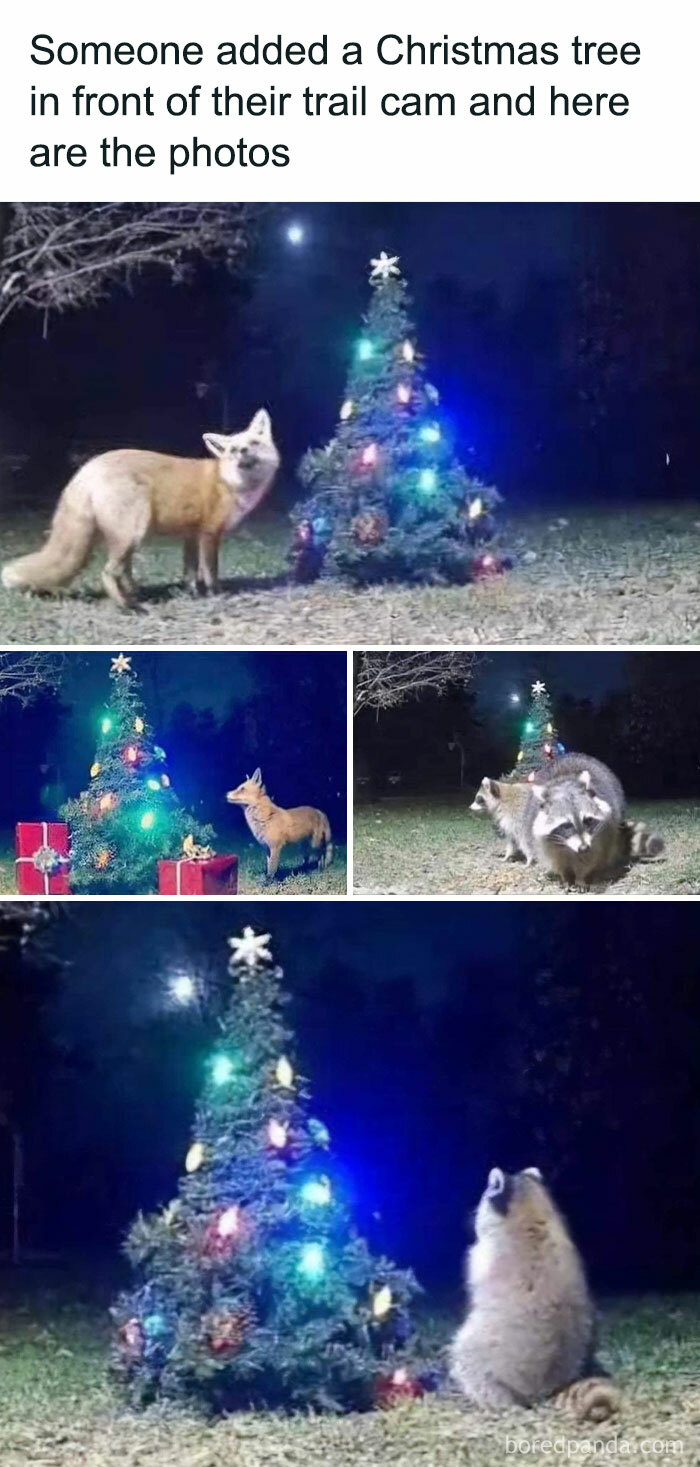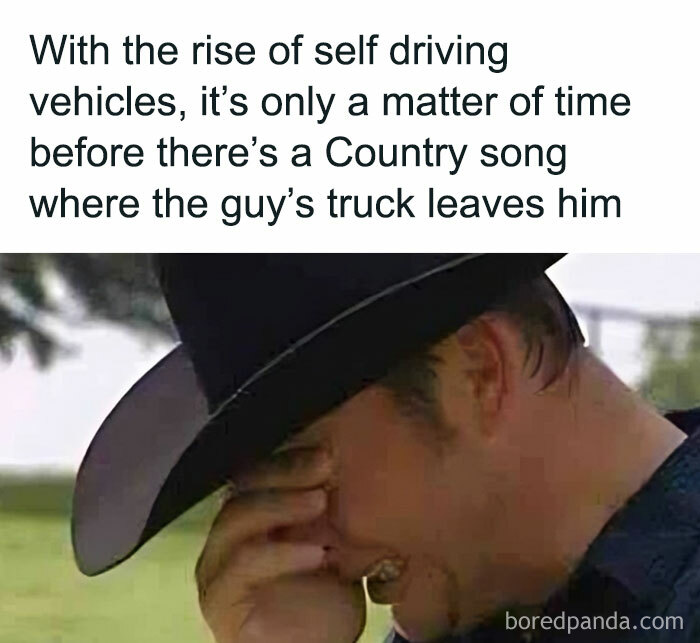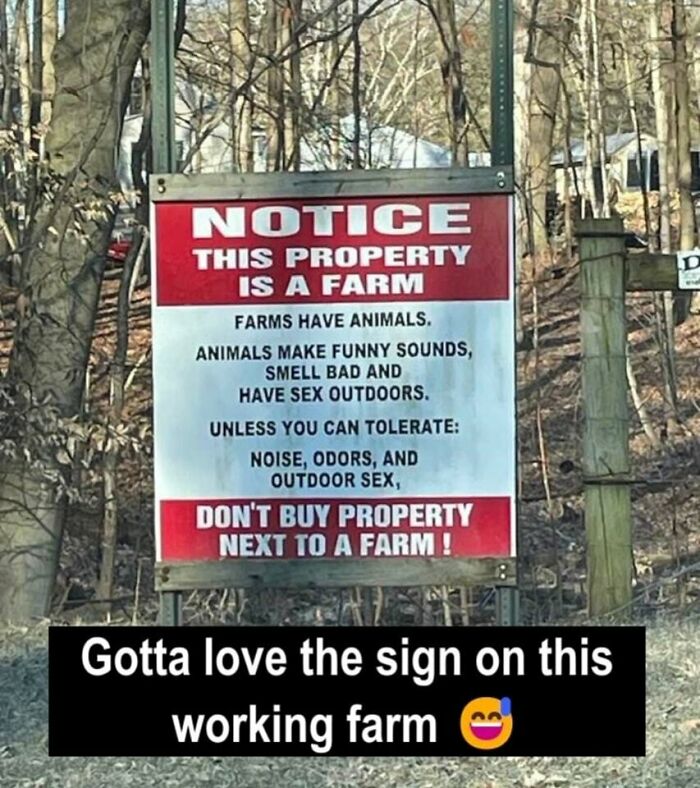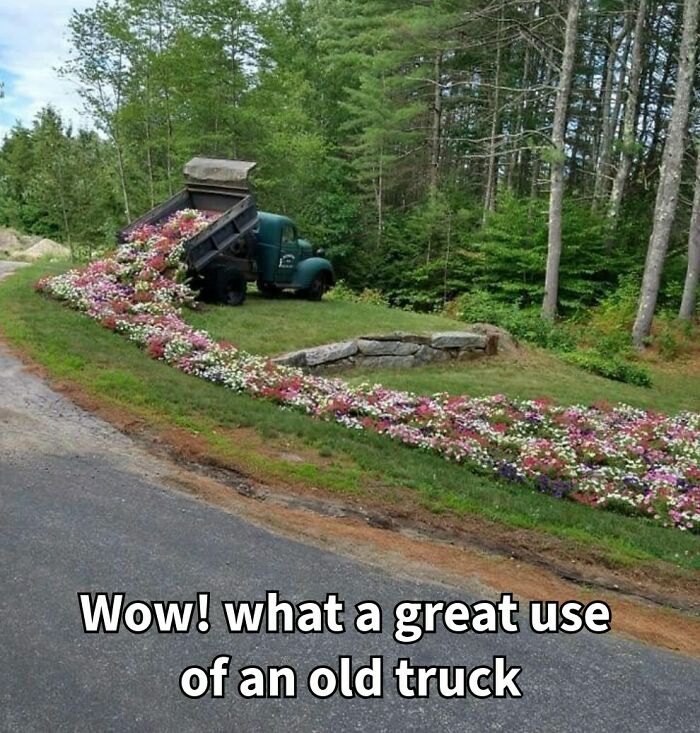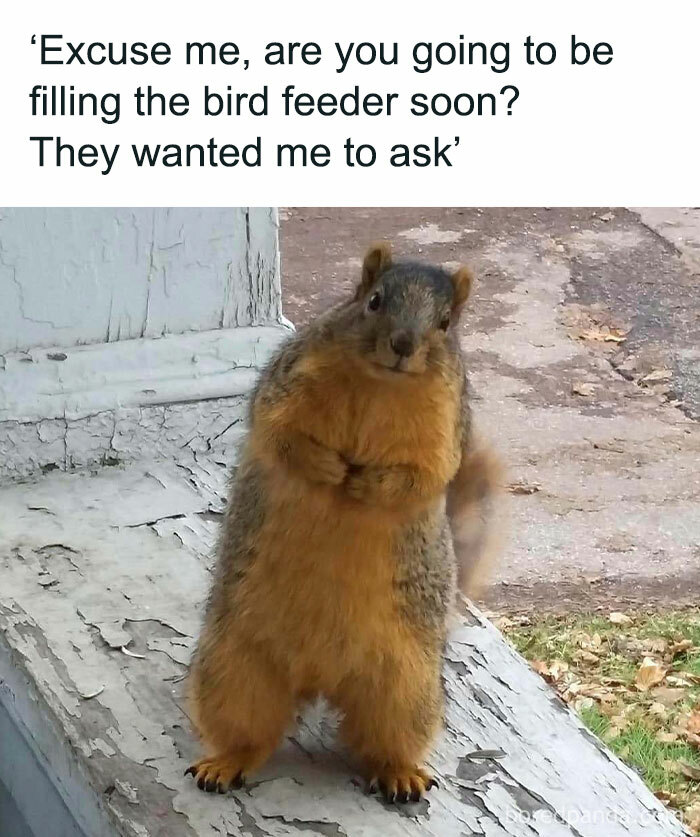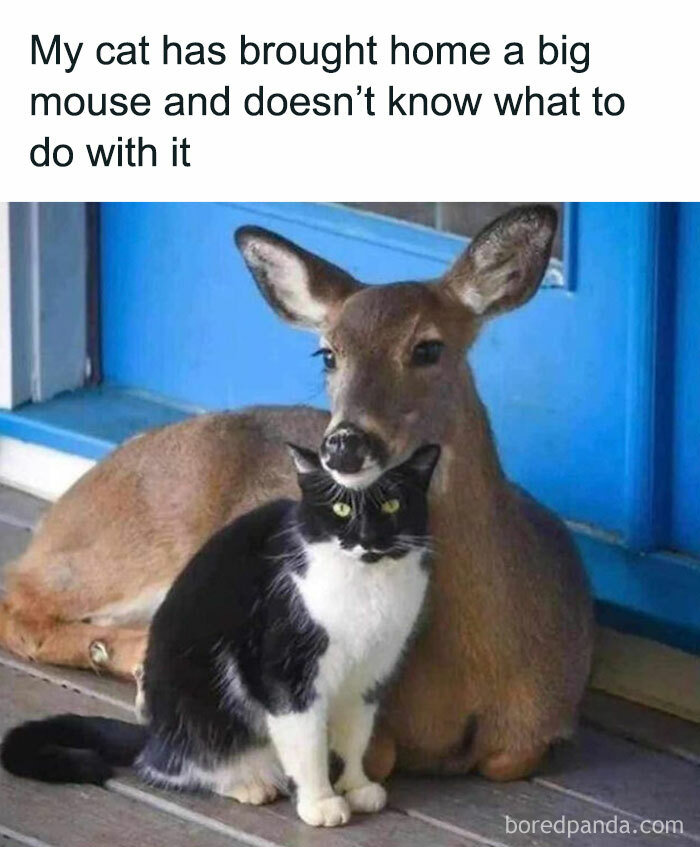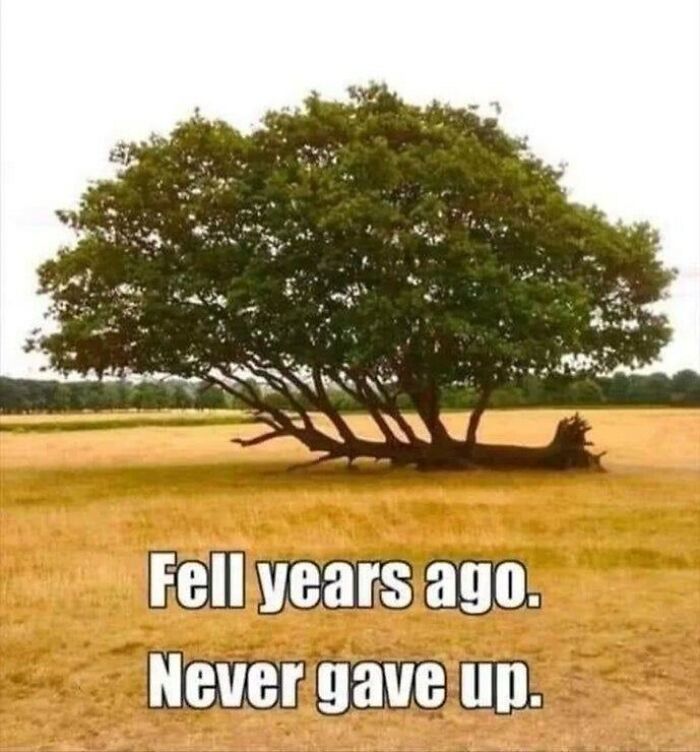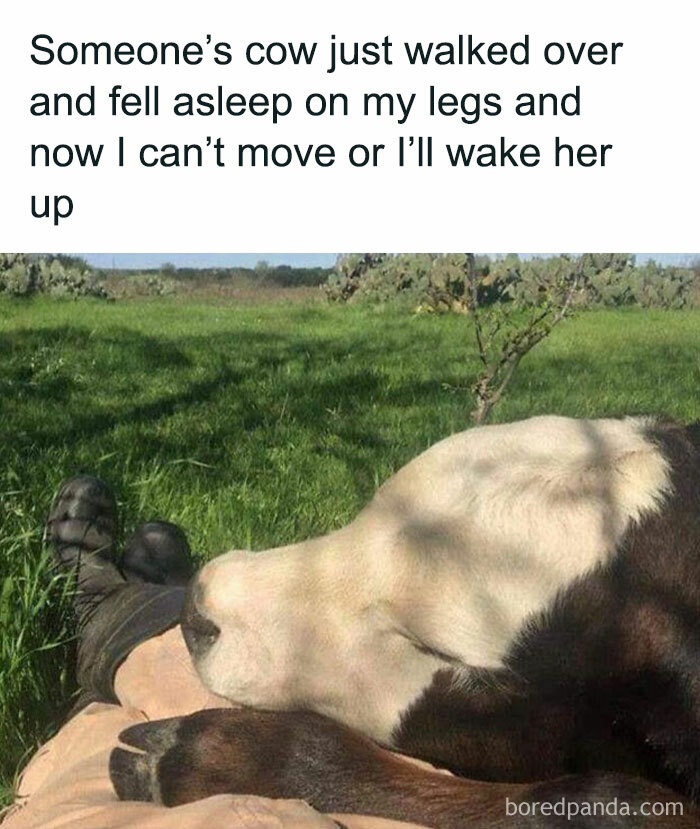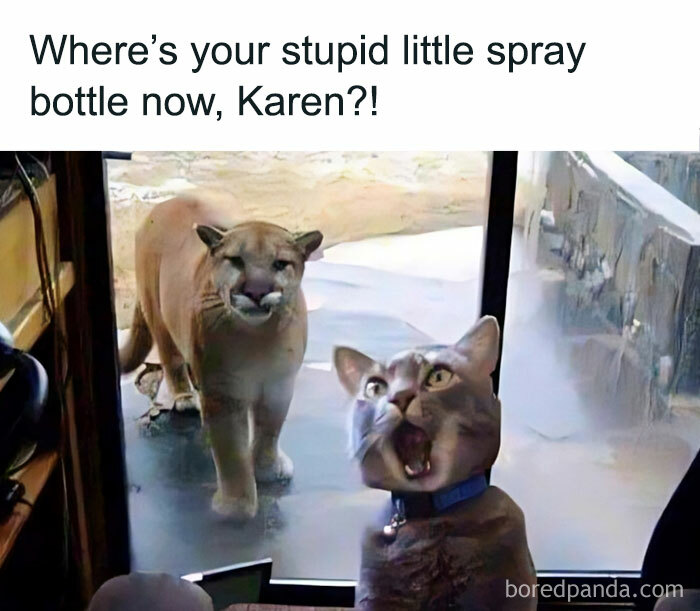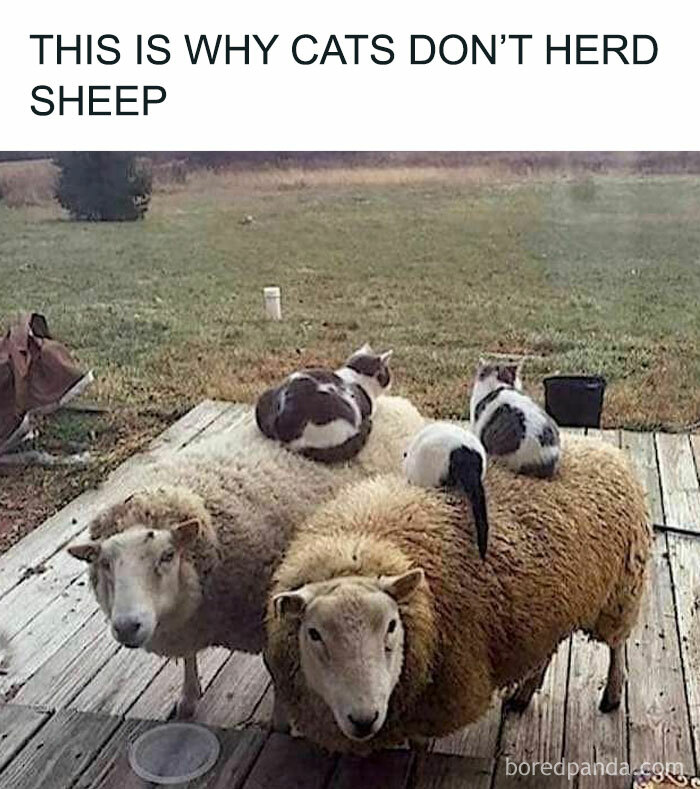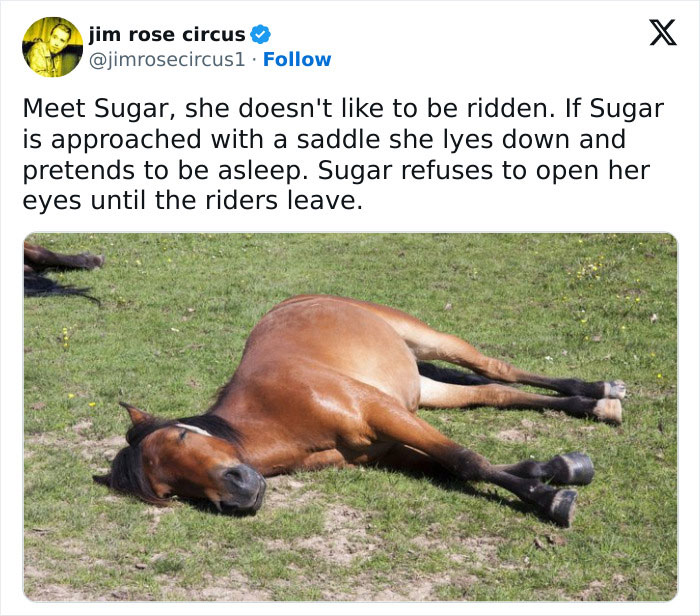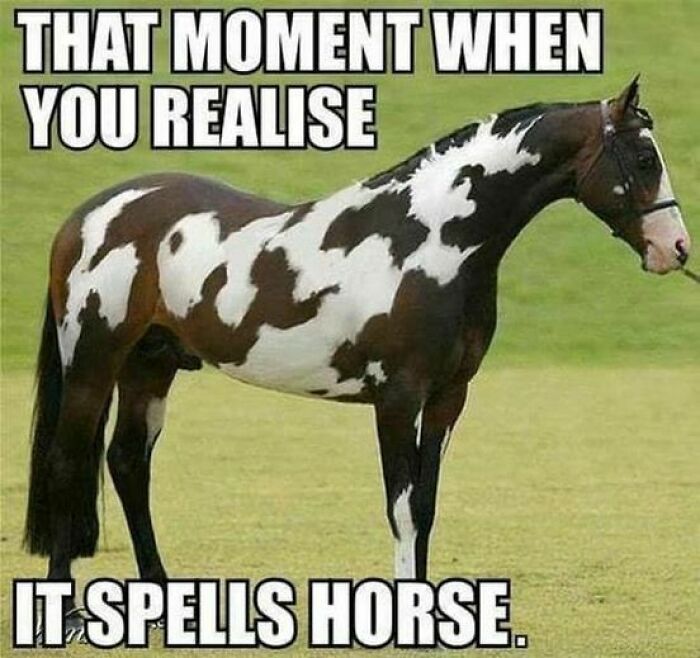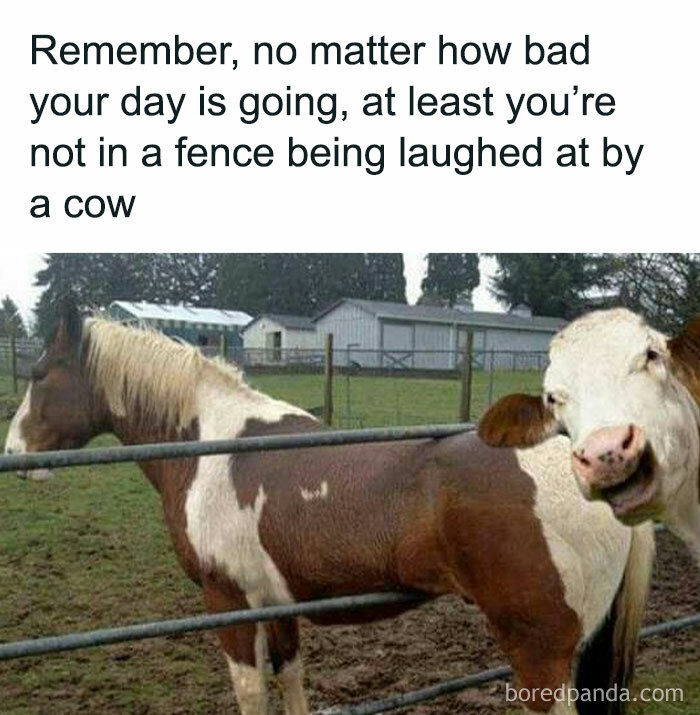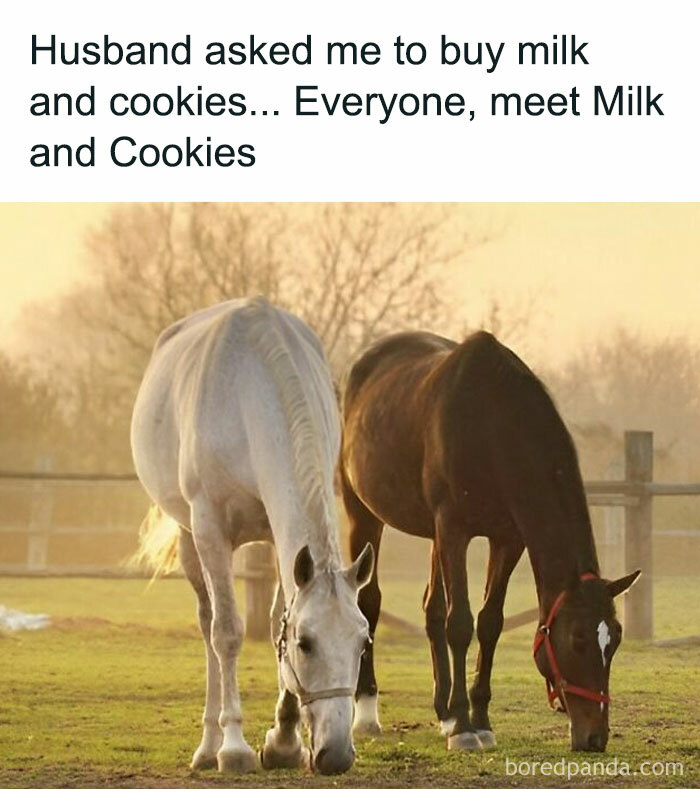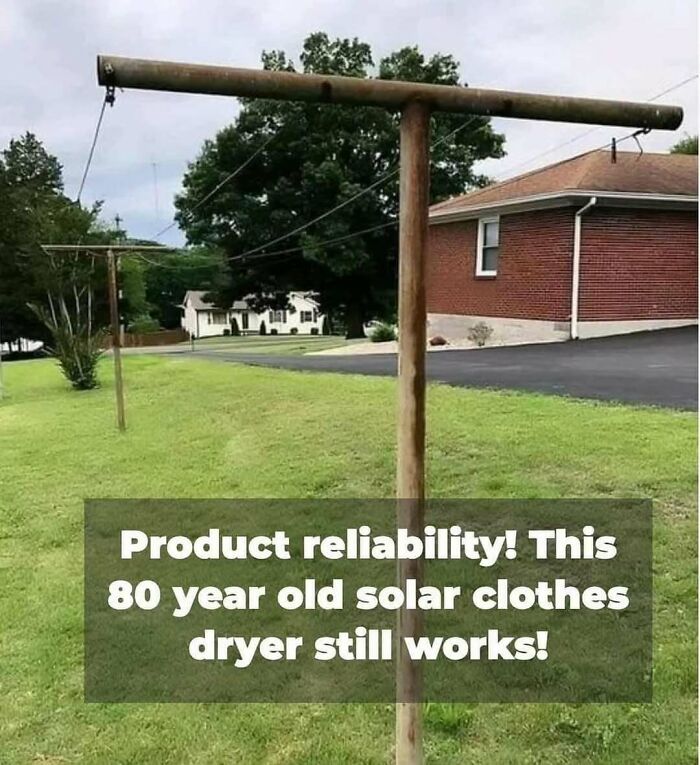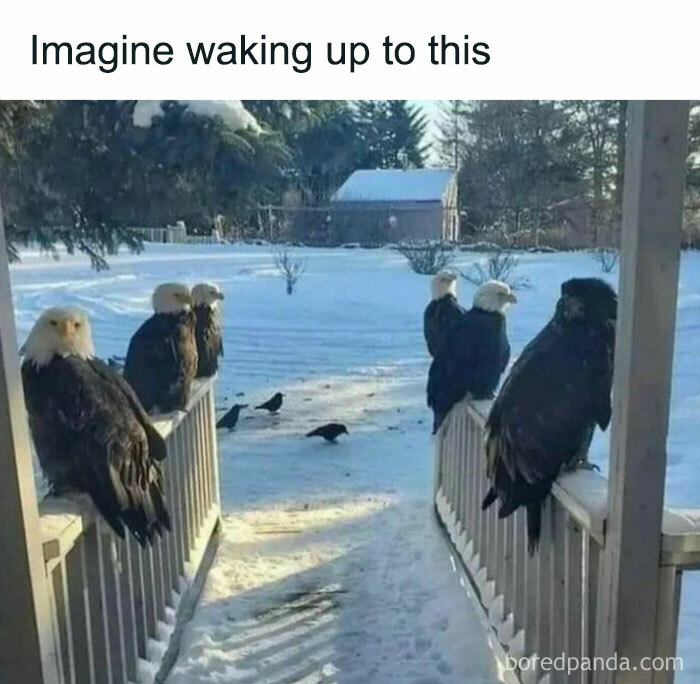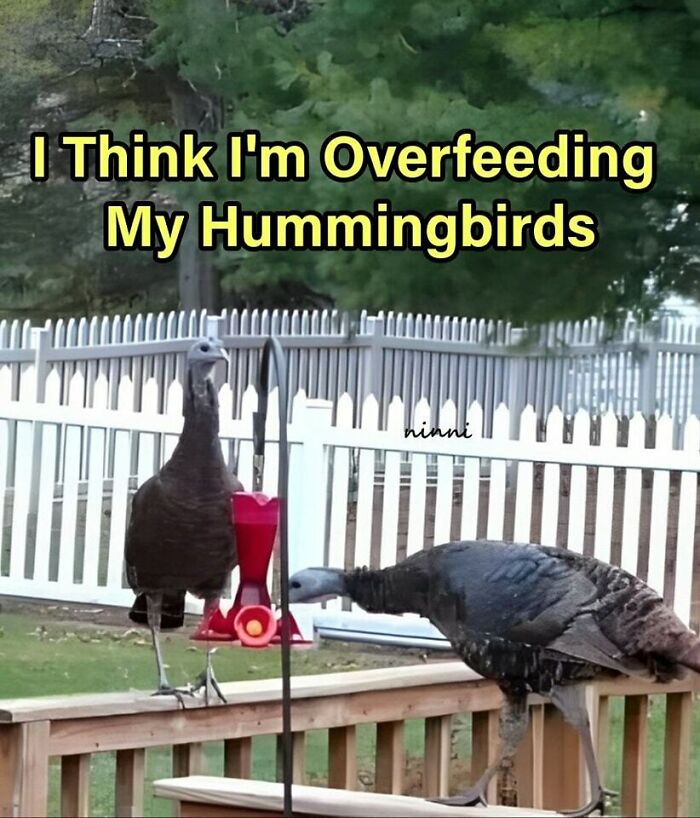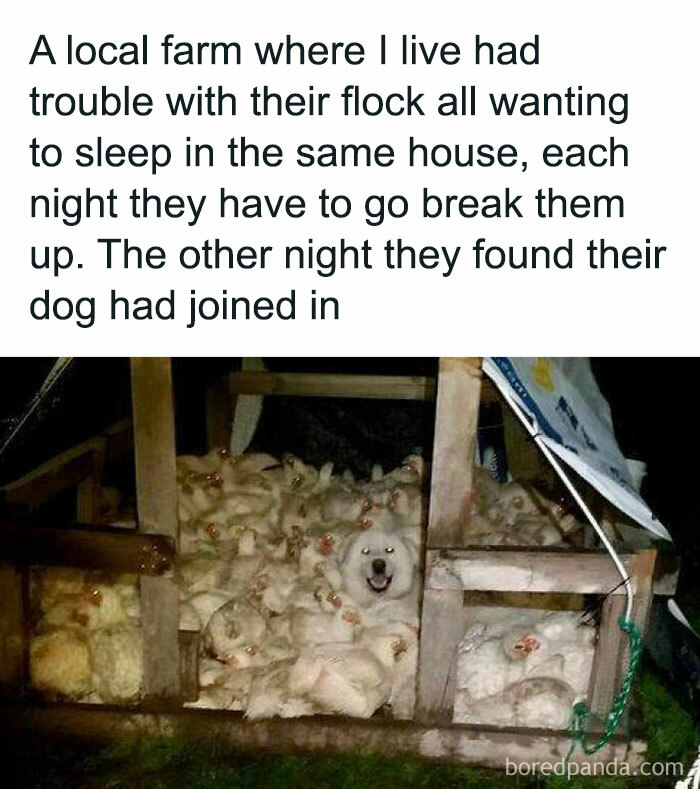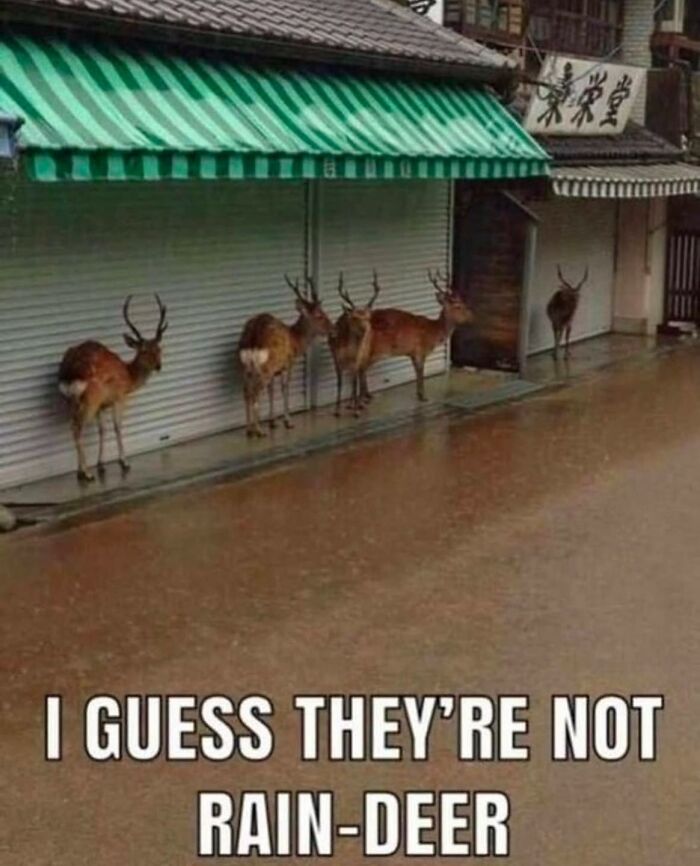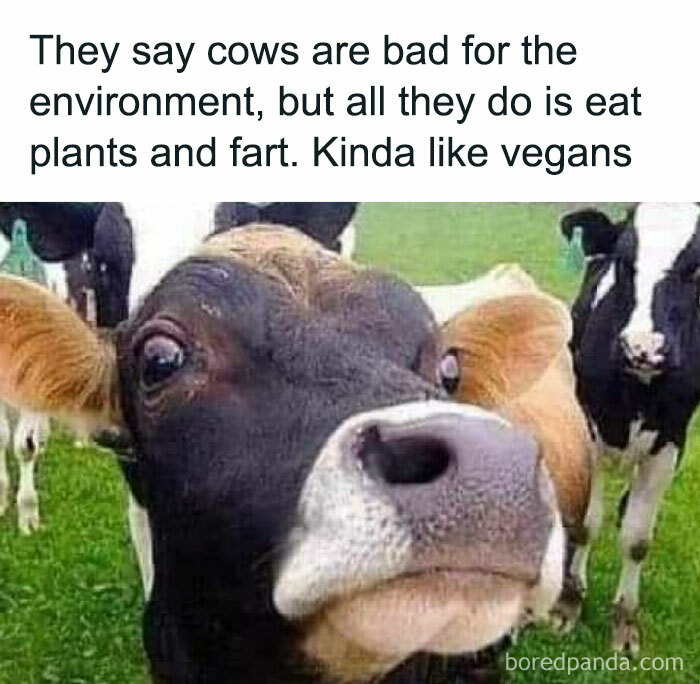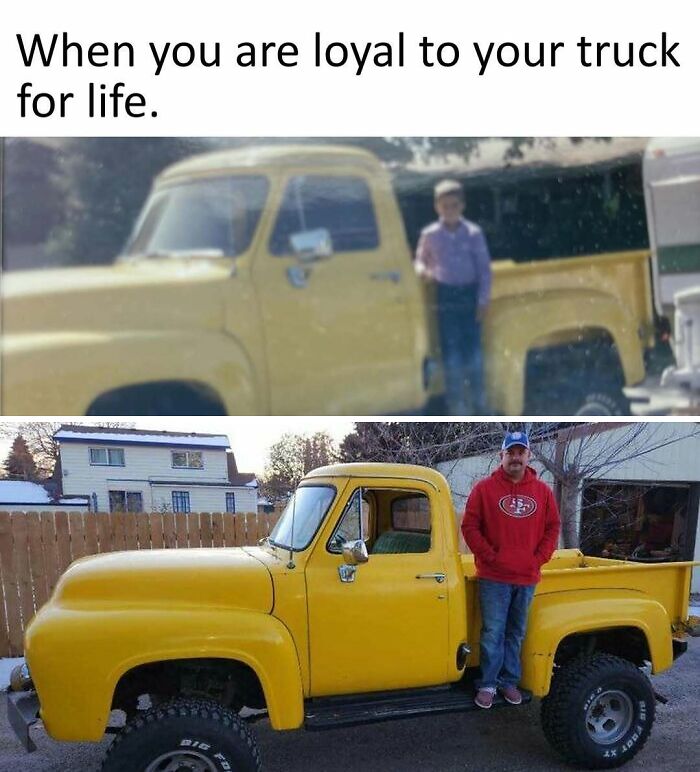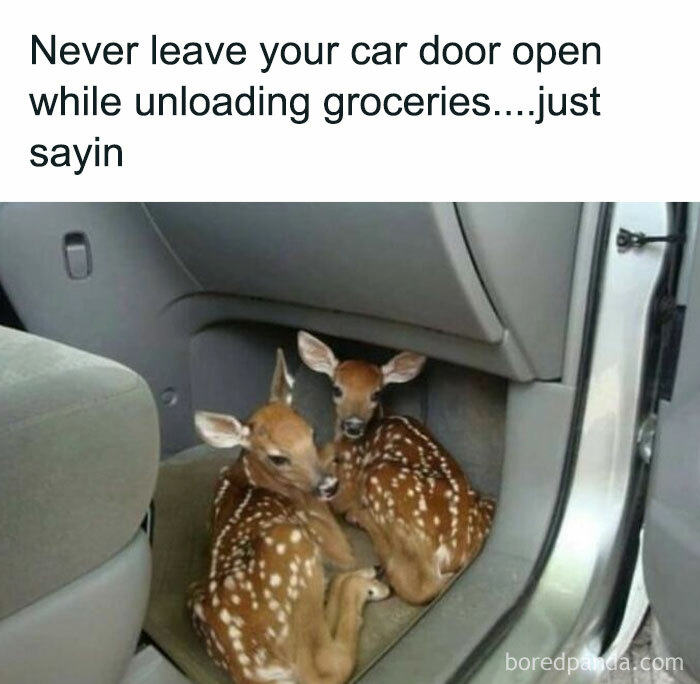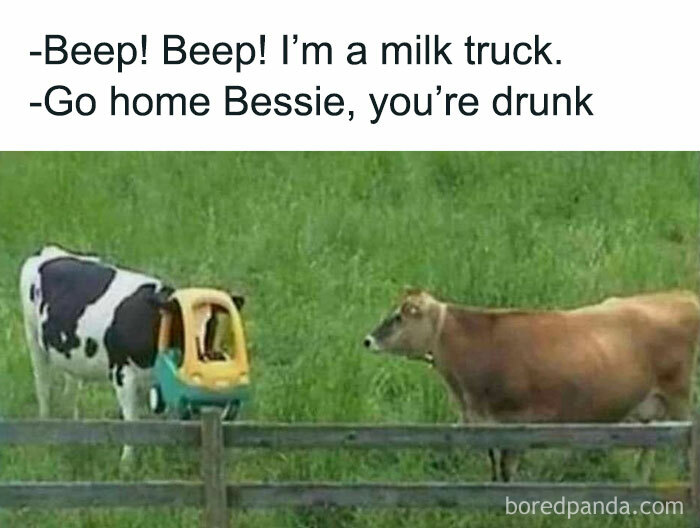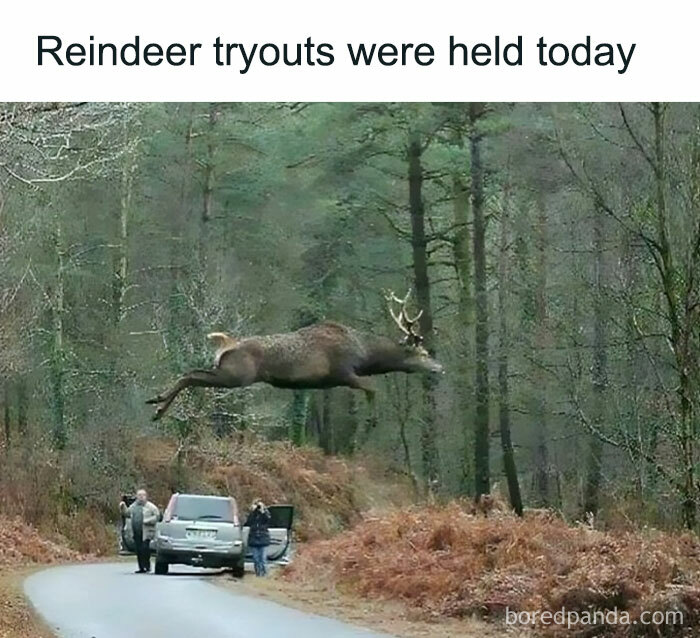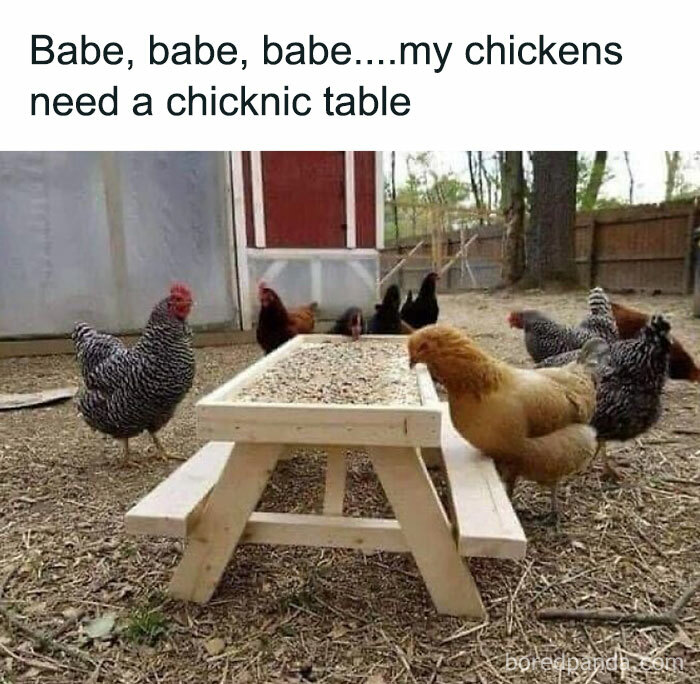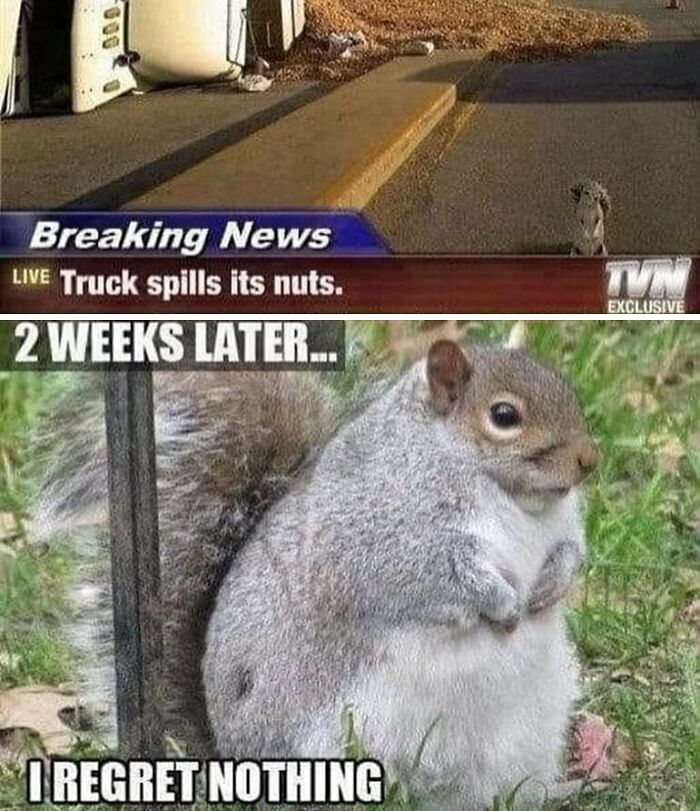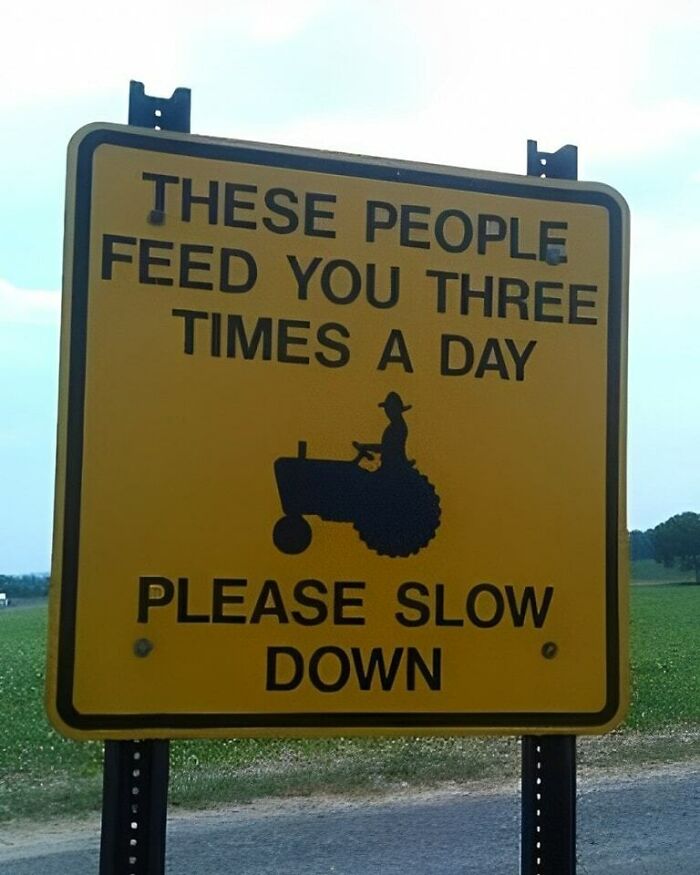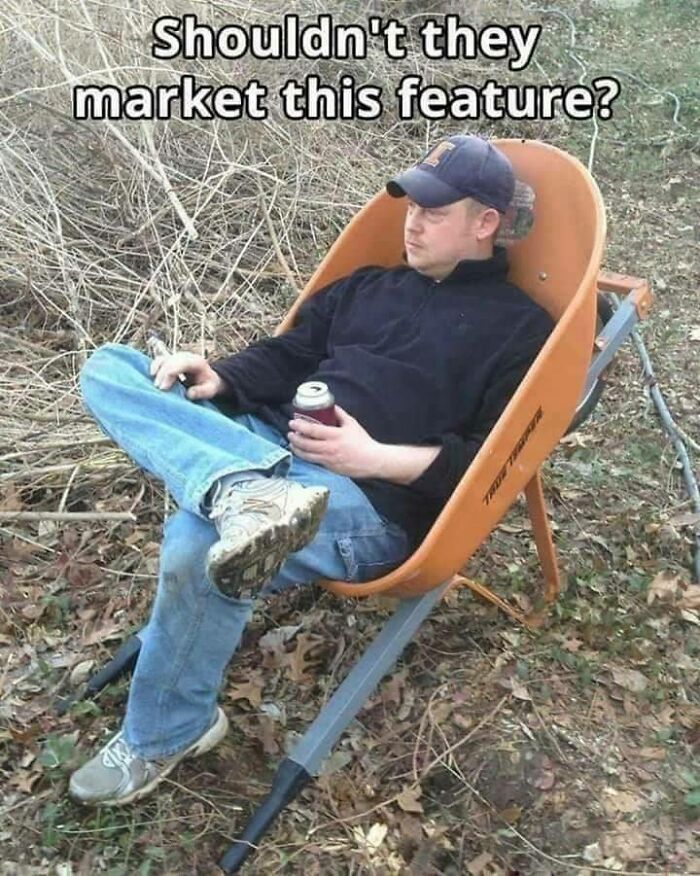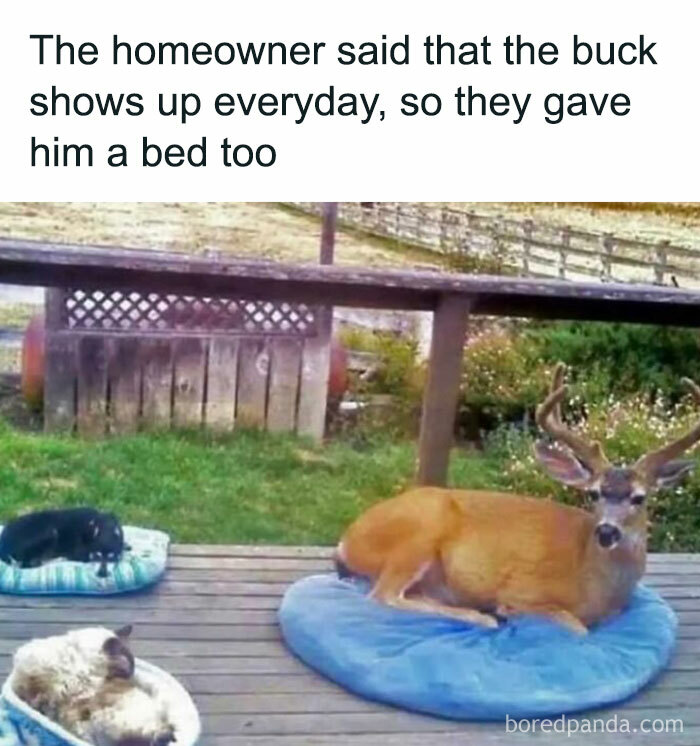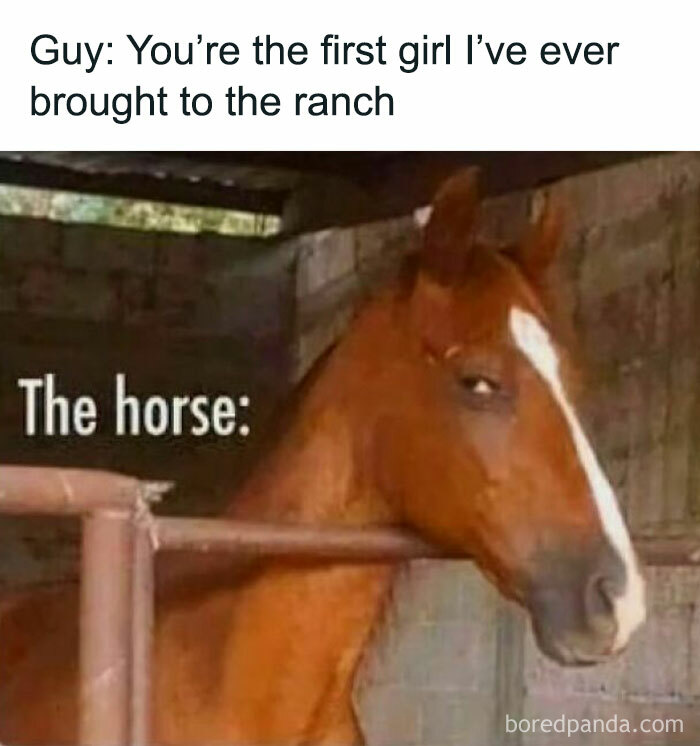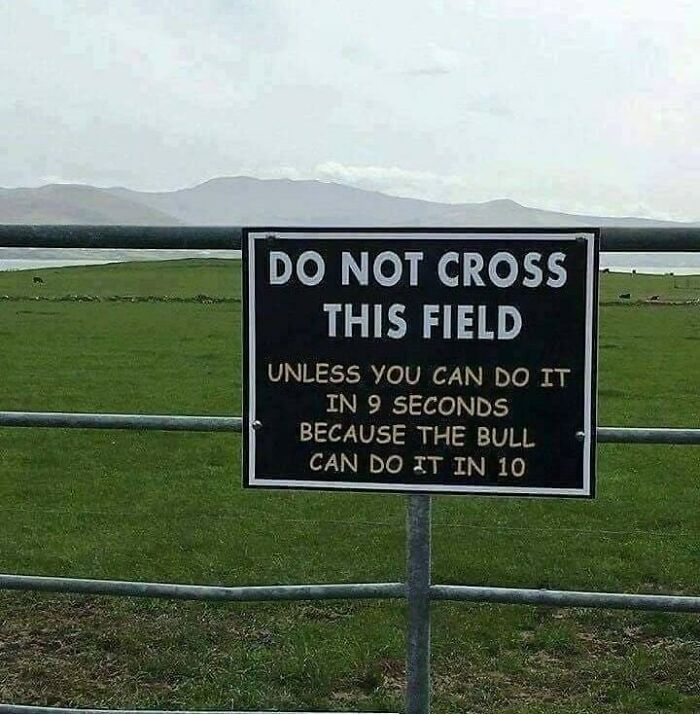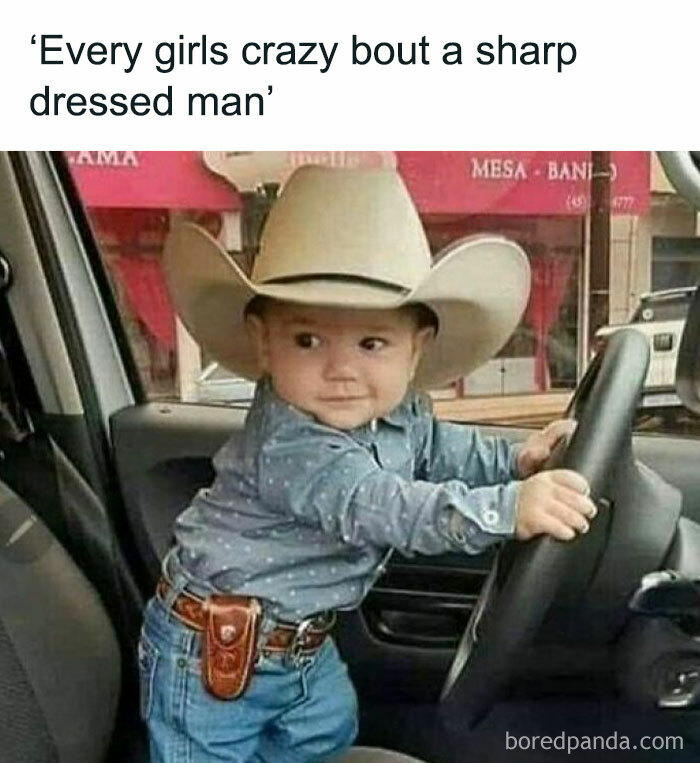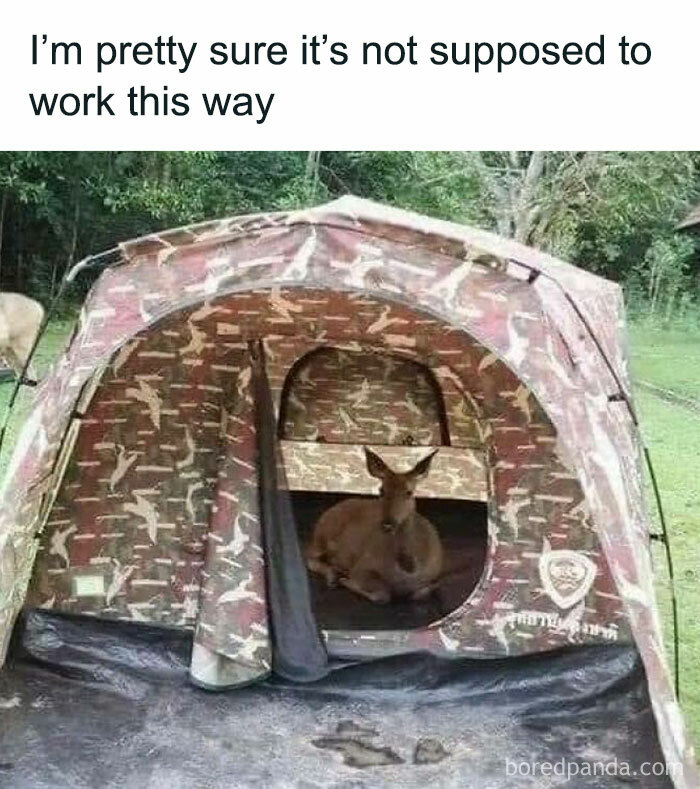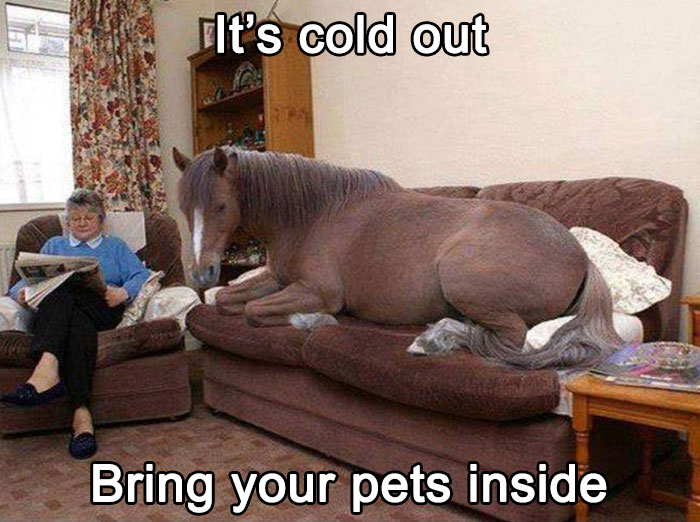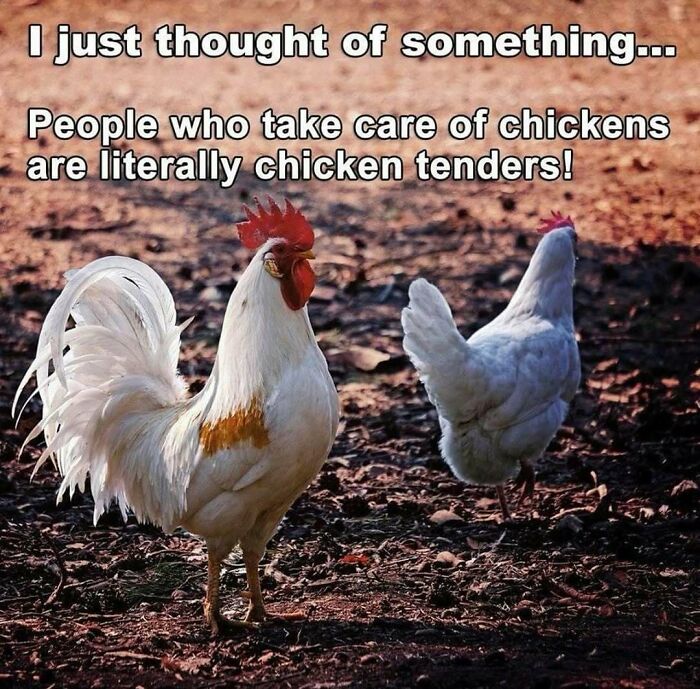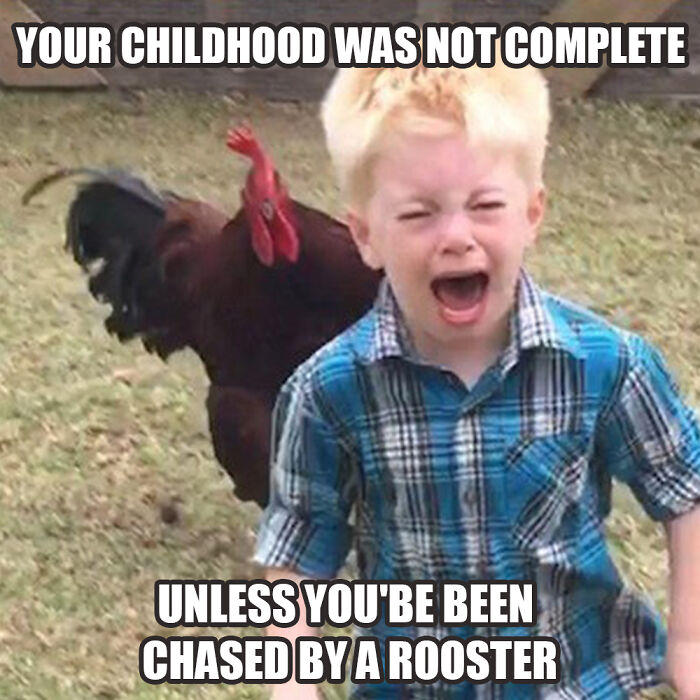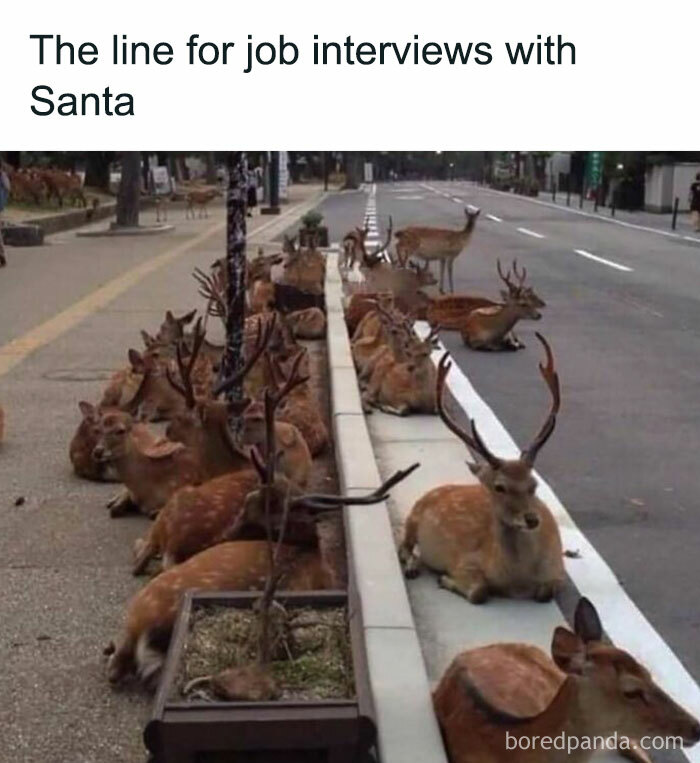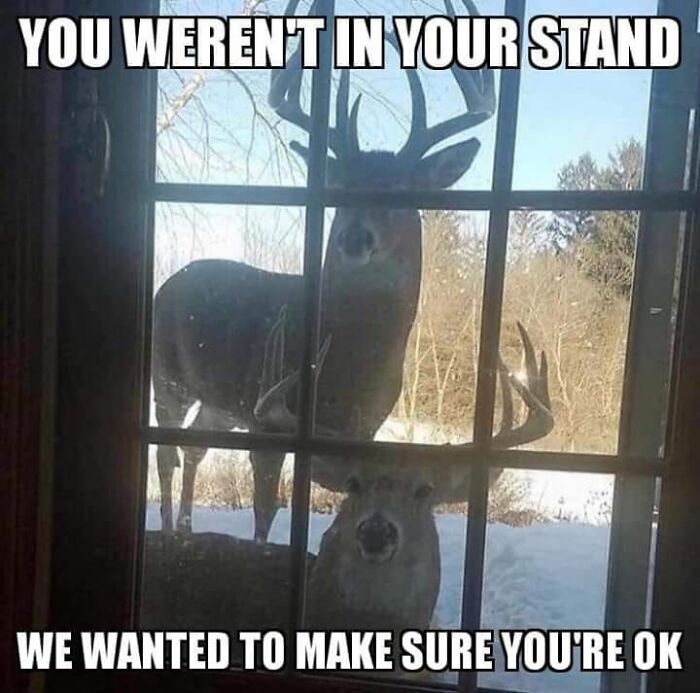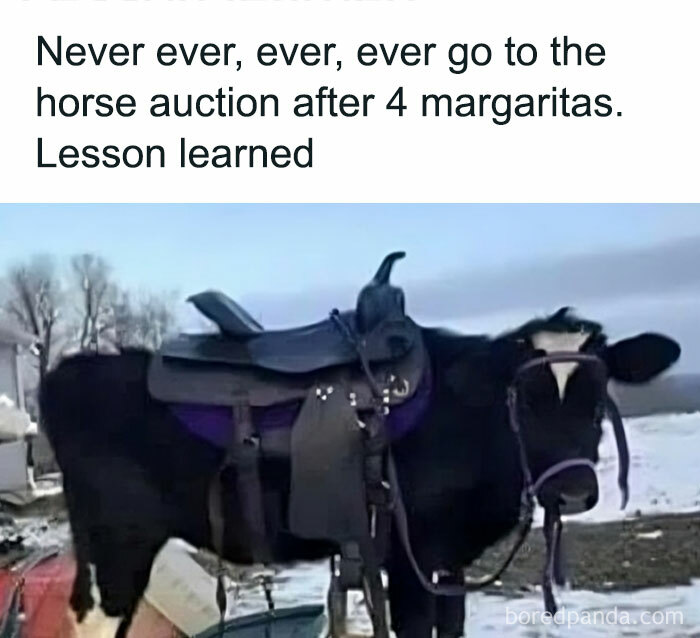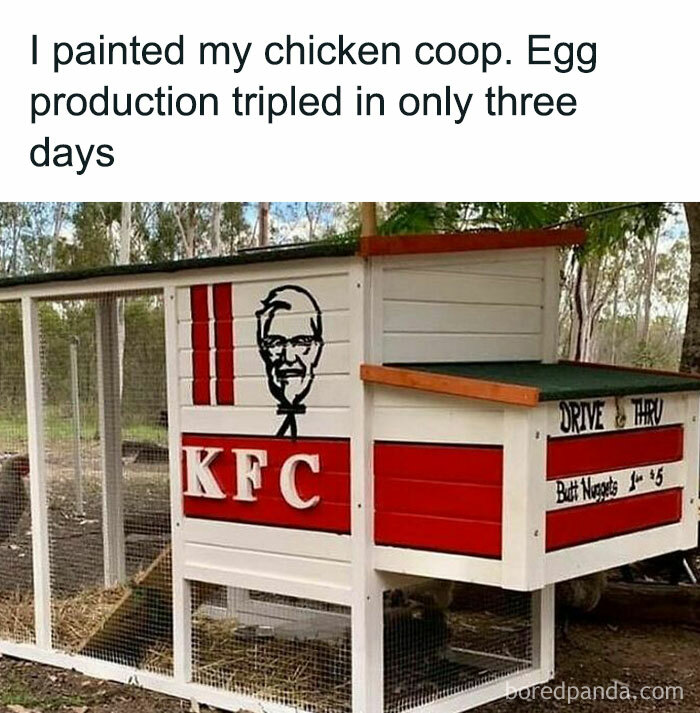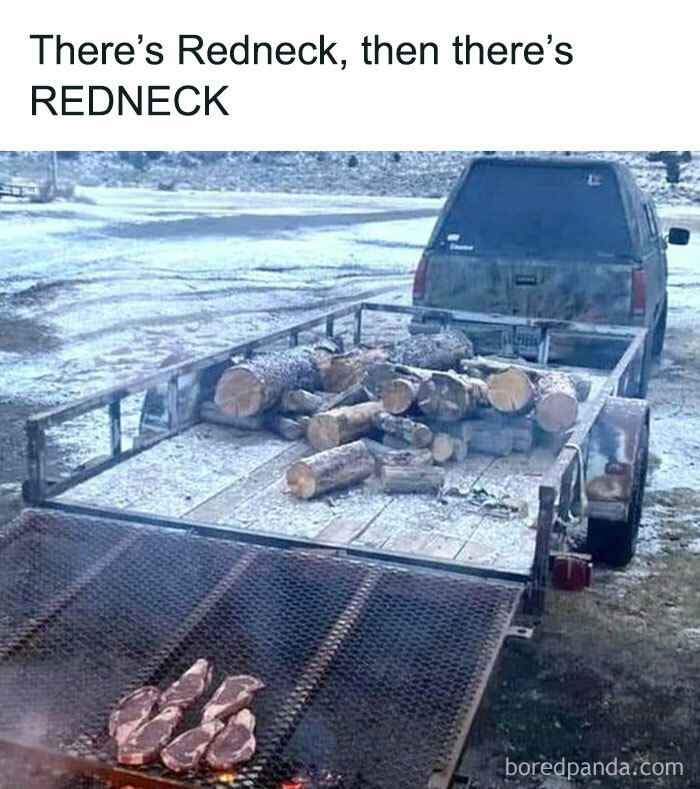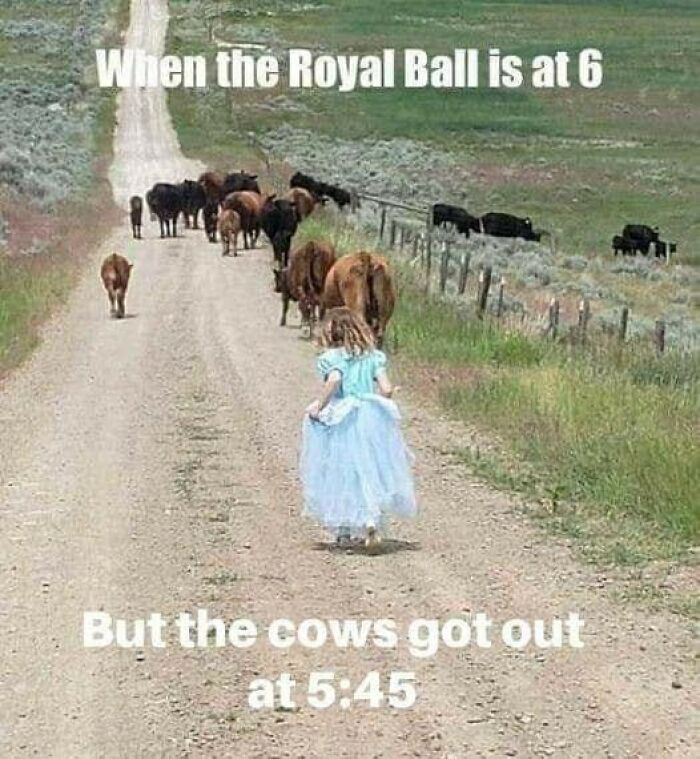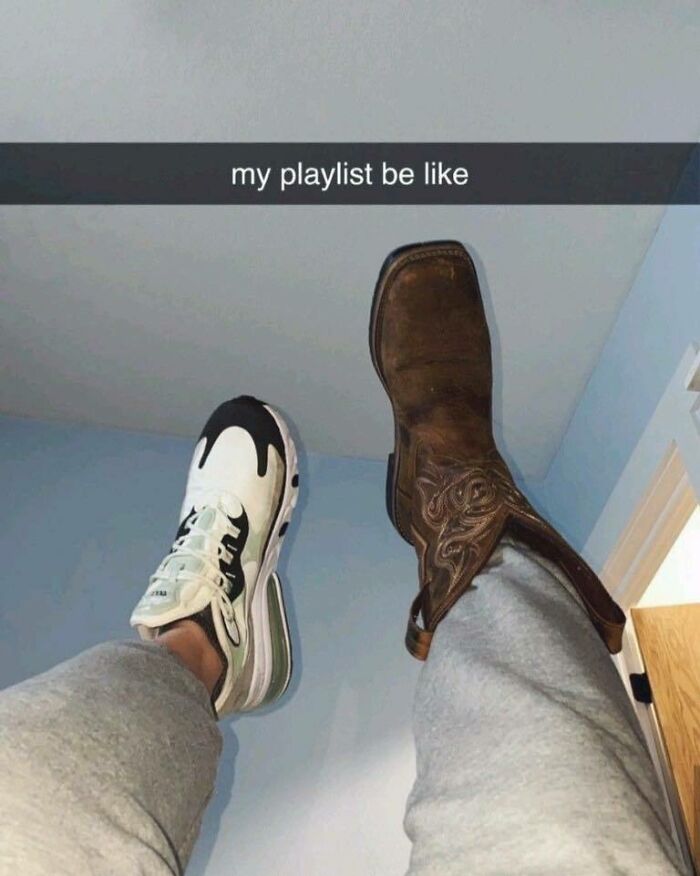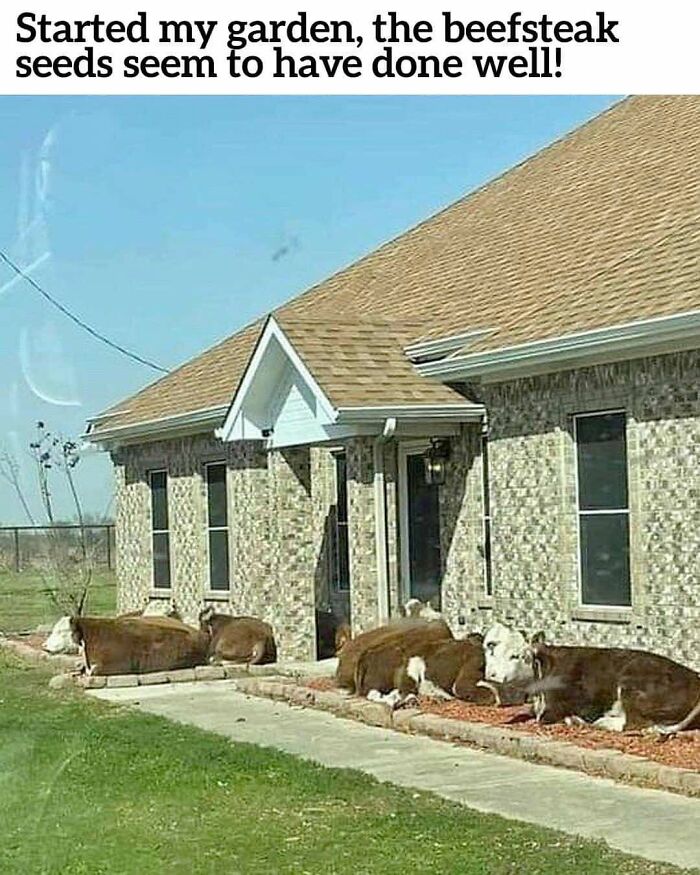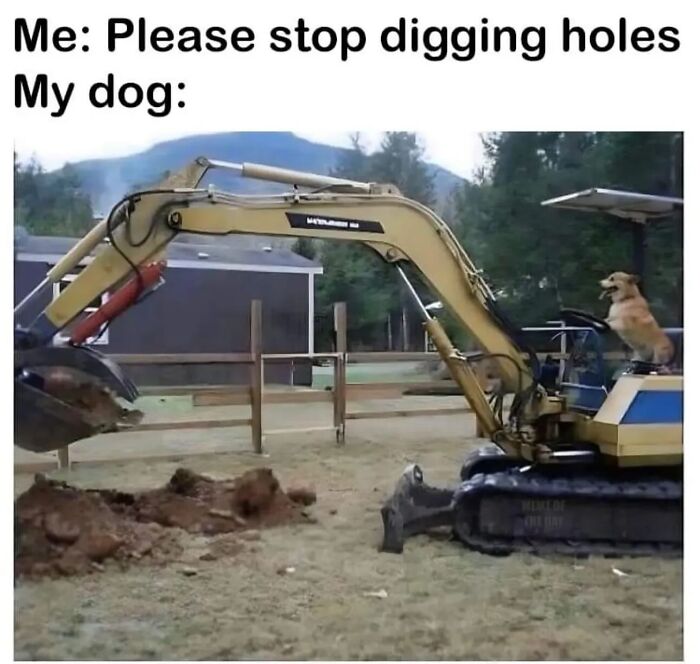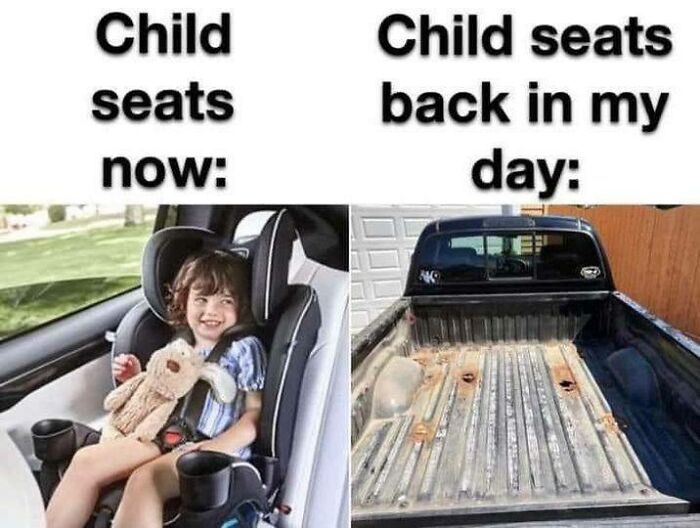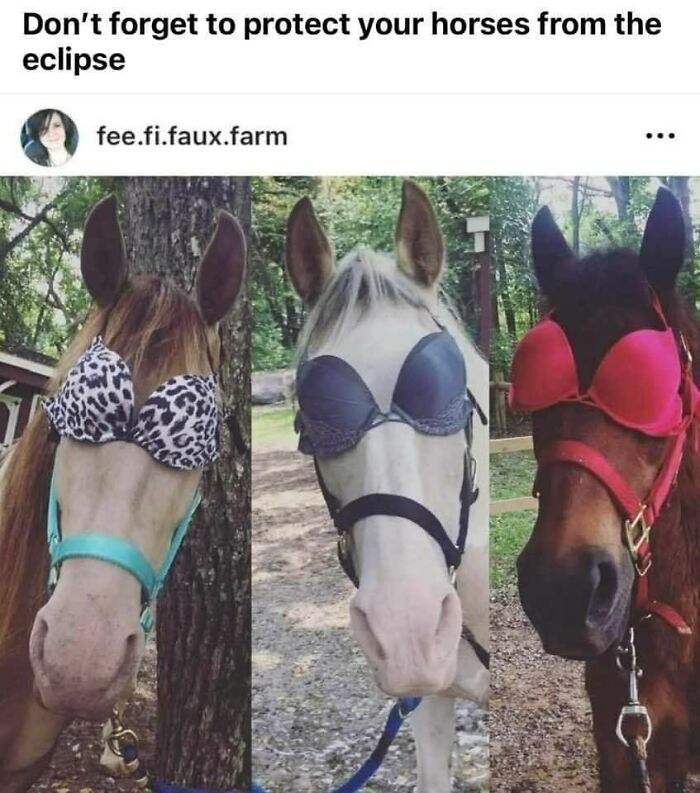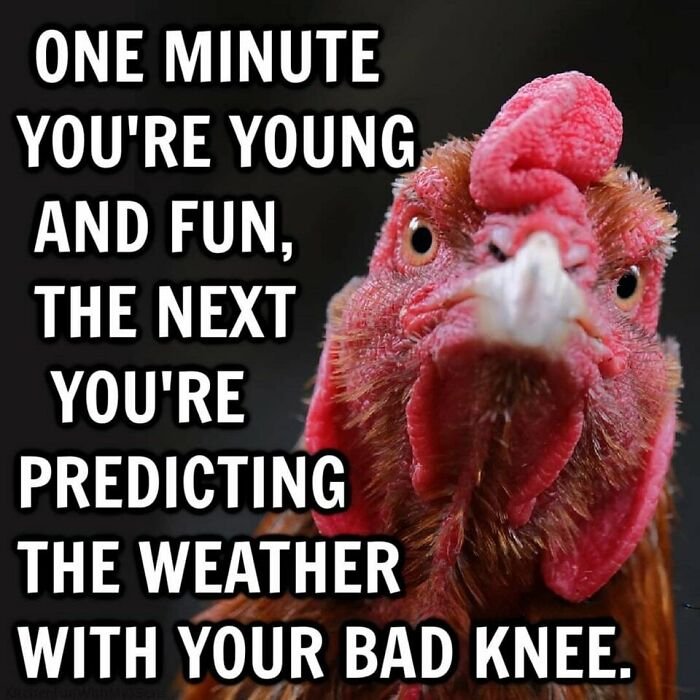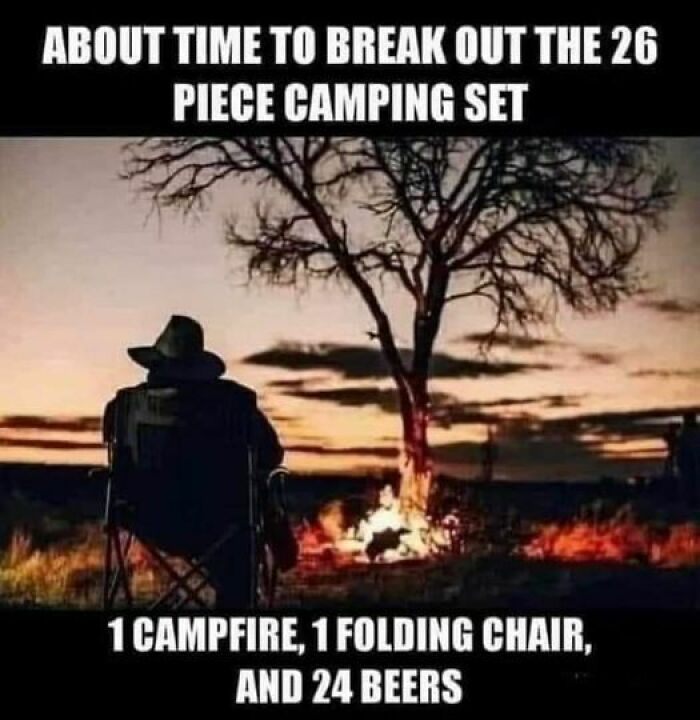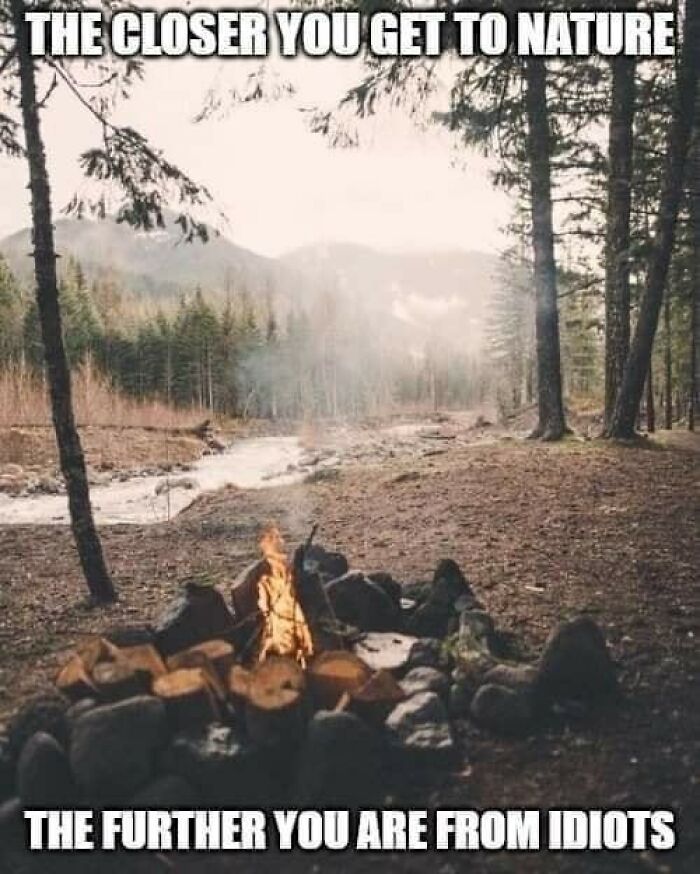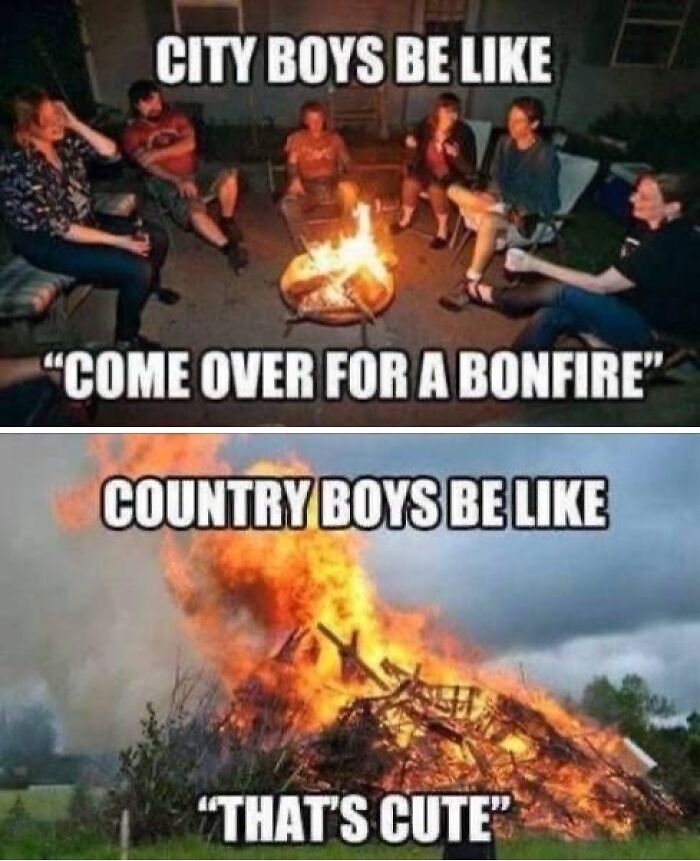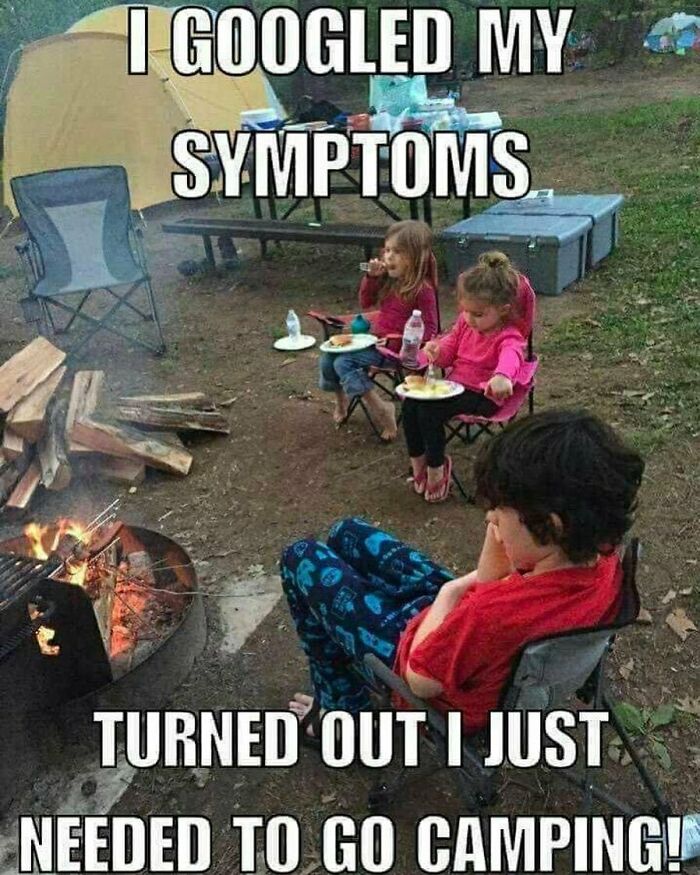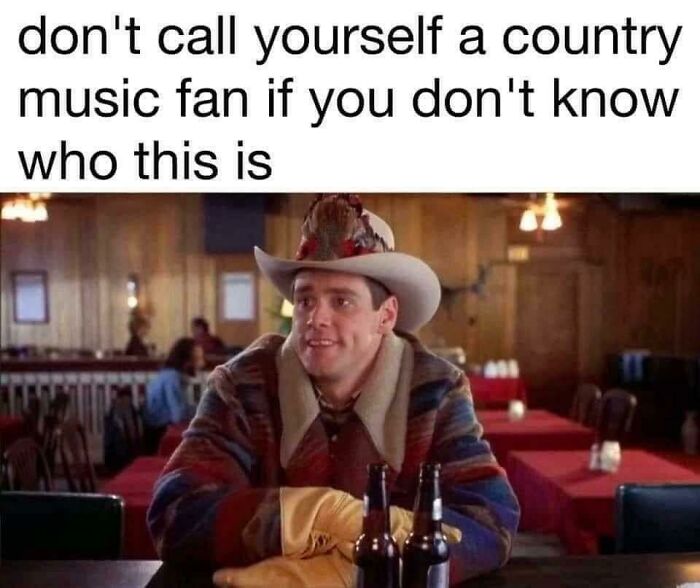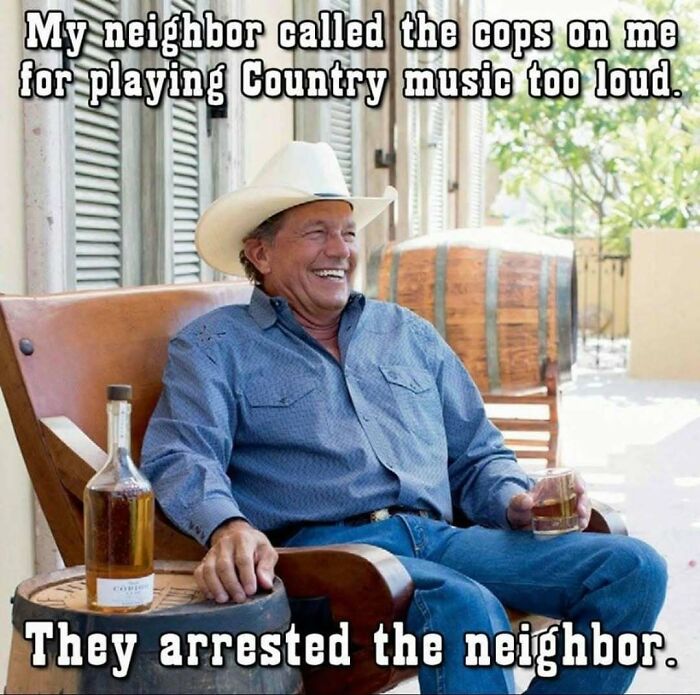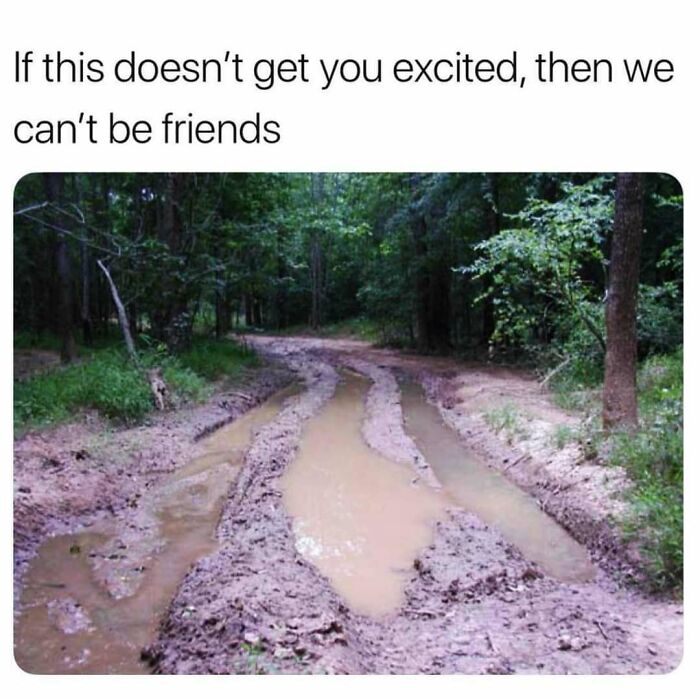'My Country Corner' is an Instagram account that shares memes about what it describes as farmhouse-style living. You know—cracked leather boots, ever-multiplying hay bales, arguing with your cattle herd, things like that. So, when we discovered its content, we thought you'd appreciate it—even if you grew up in the city. Admit it, you're interested. Part of you wants to get out, at least for a little while. So, continue scrolling to escape the urban hustle and bustle and enter... the rural hustle and bustle.
More info: Instagram
This post may include affiliate links.
In many places, country living has been enjoying a renewed appeal in recent years, and that might be a lingering after-effect of the pandemic. For example, a few years ago, about half of Americans (48%) told Gallup that if able to live anywhere they wished, they would choose a town (17%) or rural area (31%) rather than a city or suburb.
This is an increase from 2018, when 39% thought a town or rural area would be ideal.
The rise has been accompanied by a decline in those preferring to live in a suburb, down six percentage points to 25%. The percentage favoring cities has been steadier, with 27% at the time of the survey — close to the 29% in 2018 — saying they would prefer living in a big (11%) or small (16%) city.
Had a lady here move next door to the church. Complained about the singing and bells 🙄
These attitudes are similar to those recorded in October 2001, the only other time Gallup has asked Americans this question.
That reading, like the recent one but unlike the 2018 one, was taken during a time of great national upheaval — shortly after 9/11, when the public was still on edge about the potential for more terrorism occurring in densely populated areas.
Overall, slim majorities of Americans in cities and suburbs aspire to live elsewhere, whereas three in four town/rural residents are content where they are.
For instance, just under half of those who live in a city (47%) would prefer staying there, while 30% would opt for a town or rural area and 22% a suburb. Similarly, 48% of current suburban residents favor suburban living, while 30% would rather go to a town/rural area and 22% a city.
But the 2001 results found residents of each type of community more content where they were than is seen today. The slight majority of city residents in 2001 (53%) said they would prefer living in a city, and 67% of suburban residents preferred to remain there. However, 86% of town/rural residents favored living in those areas.
A recent analysis of Census data by Hamilton Lombard, a demographer at the University of Virginia, discovered that 63% of rural counties or counties in small metros experienced increases in their populations of 25- to 44-year-olds between 2020 and 2023, compared to 27% between 2010 and 2013.
Northern Georgia, the Mountain West, and New England were rural regions with particularly strong population growth among young Americans.
Economist Jed Kolko said that, with the proliferation of remote work, Americans moved out of bigger urban areas into nearby suburbs or smaller towns, but added that headwinds in some occupations might slow down the influx of newcomers.
"If unemployment rises, particularly in the kinds of occupations where remote work is more common, employers might be more able to insist on workers spending more days in the office," Kolko explained. "Even if that doesn't cause people to reverse the moves that they made during or after the pandemic, it could still slow down that trend in the future."
Meanwhile, in areas that have seen a rush of new residents, Kolko said it's crucial for housing to keep up with demand. If it doesn't, affordability challenges from big cities could spread, likely reflecting in these memes too.
Apparently they have to remind people what farms are for. Recently I read about a 20-something woman who asked why we need farms. She thinks farmers should just go to the grocery store. 🙄 Even just remembering this makes my brain hurt. Sheesh.
Owned a few restaurants so my boys were used to eating out.When chicken fingers first offered on menu my two boy's are "yuck!! who eats chickens fingers!"
Riding in the back of the truck is still legal in about half of US states.
I had a piano trio backing up a female singer for a jazz lounge act. One day the police showed up at our rehearsal. The neighbor lady with the four bratty kids was totally stressed out. She called the cops not because we were loud, but because she did not like the tune we were practicing.
I credit Photoshop for a few of these posts, but they’re still pretty good..
I credit Photoshop for a few of these posts, but they’re still pretty good..

 Dark Mode
Dark Mode 

 No fees, cancel anytime
No fees, cancel anytime 


